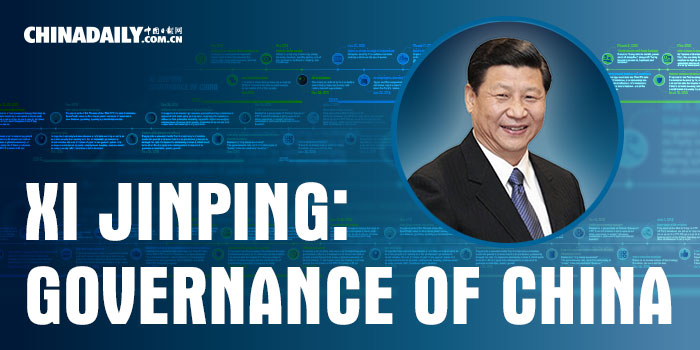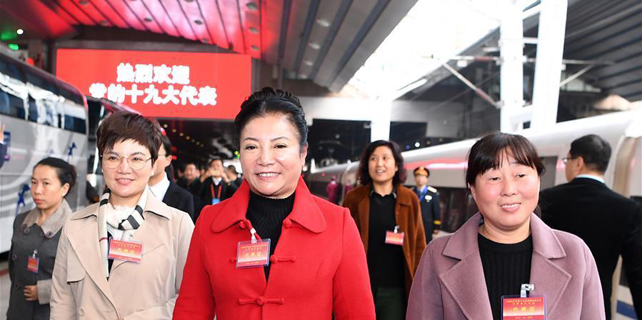Refiners' alliance eases competition
Teapots form group to cooperate on production, sales and imports
Analysts say an independent oil refiners' alliance in Shandong will help the teapot refiners enhance bargaining power and reduce vicious competition amid an excess capacity in the sector.Several teapots in Shandong have set up a refining conglomerate recently with a planned registered capital reaching 90 billion yuan ($13.67 billion). This will combine the country's largest independent oil refineries, known as teapots, and coordinate their production, sales, crude oil imports and investment.
The conglomerate will include a total of 16 companies, with eight firms having already invested 33.2 billion yuan in the joint venture.
These include Shandong Dongming Petrochemical Group, China's largest teapot. It holds 22.63 percent of the shares, followed by Blue Economy Zone Industrial Fund at 22.59 percent, and Shandong Tianhong Chemical Company, a subsidiary of Wanda Petrochemical Group, at 13.29 percent.
The coastal province contains more than 70 percent of China's independent oil refineries, most of which are privately owned.
Li Li, an energy research director at ICIS China, a consulting company that provides energy market analysis, said the alliance aims at a better market share; the current situation, with fierce trading competition and refining capacity excess, is the direct reason of the forming of the alliance.
The setting up of the joint venture is to push for further cooperation of the scattered private refiners, optimizing the purchasing of raw materials, logistics distribution, fund circulation and product quality, all of which helps create a more competent and competitive force, she said.
The teapots are becoming an importance force in the industry, especially since 2015, when the central government allowed crude oil import quotas to the individual refiners.
Since then, they have imported a huge amount of crude oil from overseas, including the Middle East, Latin America, Russia and the United States, exerting influence on the oil market and contributing some one quarter of China's refining capacity.
"The conglomerate will act as a rival to the two State-owned major refiners in the country, namely China National Petroleum Corp and China Petroleum and Chemical Corp," Li said.
"Yet, considering the continuous excess capacity in the sector, it's impossible the teapot conglomerate will shake the status of the two energy and chemical juggernauts."
Zhang Liucheng, vice-president of Shandong Dongming, said the oil refinery sector in the country has been intensifying and the growing rivalries have added to the financial struggles of the industry.
With a revenue of more than 88.6 billion yuan last year, Shandong Dongming is China's largest teapot. The revenues of all the teapots in Shandong exceeds 492.5 billion yuan.
Recent years have seen fierce competition in China's refining sector, with growth in refining capacity continuously outpacing growth in demand.
Analysts expect the glut in refined fuels could last for years, partly due to the slowing demand domestically and a surfeit of refining capacity.
Wang Lu, an Asia-Pacific oil and gas analyst at Bloomberg Intelligence, forecasted slower growth for the refinery sector in the next five years as refiners are gearing up to produce higher-quality fuels with less sulfur, thereby reducing pollution.
Cutting overcapacity remains the biggest challenge for refiners, since additional refining capacity is under construction, she said.






















